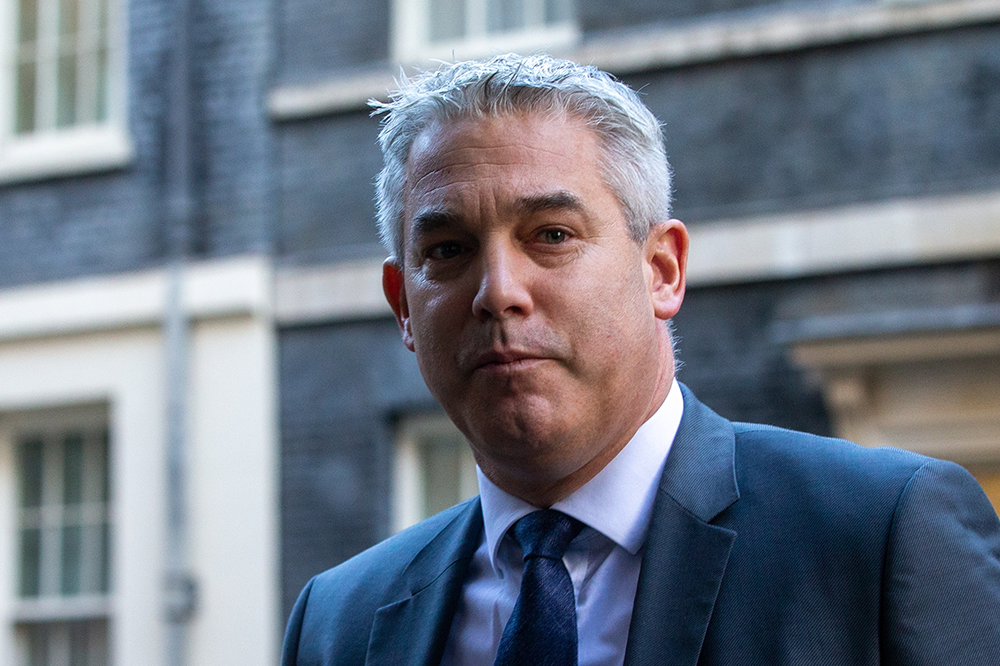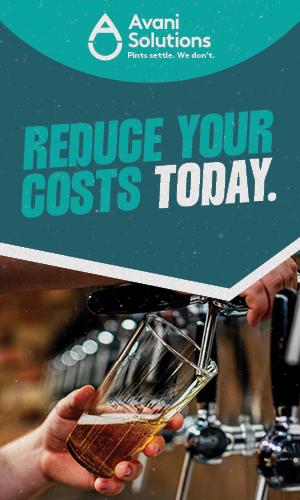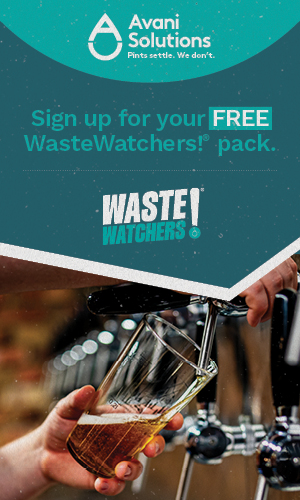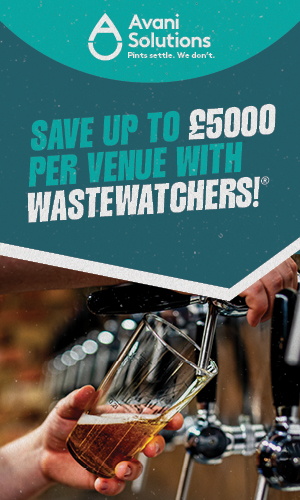Now here’s a U-turn we didn’t see coming: “The secretary of state for environment, food and rural affairs will reconsider whether there should be mandatory food waste reporting in the future. The government response to this consultation has been withdrawn.” As one resources policy expert put it: “Ohhhh, interesting.”
Indeed it is. The government has been heavily criticised for ignoring widespread support for mandatory food waste reporting (including from industry), so Steve Barclay’s first move as Defra secretary is a politically astute one. He is probably just running down the clock to an election (and trying to avoid unwelcome publicity from a court case launched on the original decision – made by Barclay’s predecessor Therese Coffey). But inflationary pressures – Coffey’s excuse for not proceeding – are also easing which leaves hope this could at least become a manifesto pledge (though we know where some of those end up going).
Speaking of wishful thinking we turn to the latest round of plastics treaty talks, held in Nairobi over recent days. Oil-producing countries continue to be flies in the ointment, shall we say, of ambitions to deliver an agreement that helps scale down plastic production. Talks ended without a plan to begin formal work on a draft treaty before everyone gets together again in Canada in April. Sian Sutherland from campaign group A Plastic Planet called the whole thing a “bellyflop”.
Campaigners were left similarly frustrated after the European Parliament’s vote this week on proposals for new packaging and packaging waste regulations. MEPs sided with the takeaway sector – or what green NGOs now refer to as the ‘throwaway sector’ – and watered down new rules that would have resulted in single-use packaging banned for on-site consumption of food and drink. More on that next week.
Turning, finally, to the autumn statement there was little to cheer for the environmental sector. Friends of the Earth’s head of policy, Mike Childs, summed it up when he said: “With crucial UN climate talks less than a week away, there was little in this statement to boost the UK’s rapidly evaporating credibility on climate change.”
Those talks are of course COP28, in Dubai. There will undoubtedly be much focus on fossil fuels but food features more prominently at one of these summits for the first time in … well, ever. Which brings us to a new term we heard this week at a seminar organised by the European Food Forum. Experts from Ipsos Mori presented research showing that 51% of Europeans are willing to pay more for ‘fossil-free food items’, meaning food produced without fossil sources.
Among the 1,000 people polled in the UK, 20% liked the idea of fossil-free foods, but they preferred low carbon (37%) and cheap food (43%). Of course, what people say and what they do are not always aligned, warned Ipsos expert Eirik Friberg Ekrann.
Our other three stories this week include a compelling case for returnable packaging, a bold move by wine retailers to use lighter bottles and Defra’s struggles with SUP.








